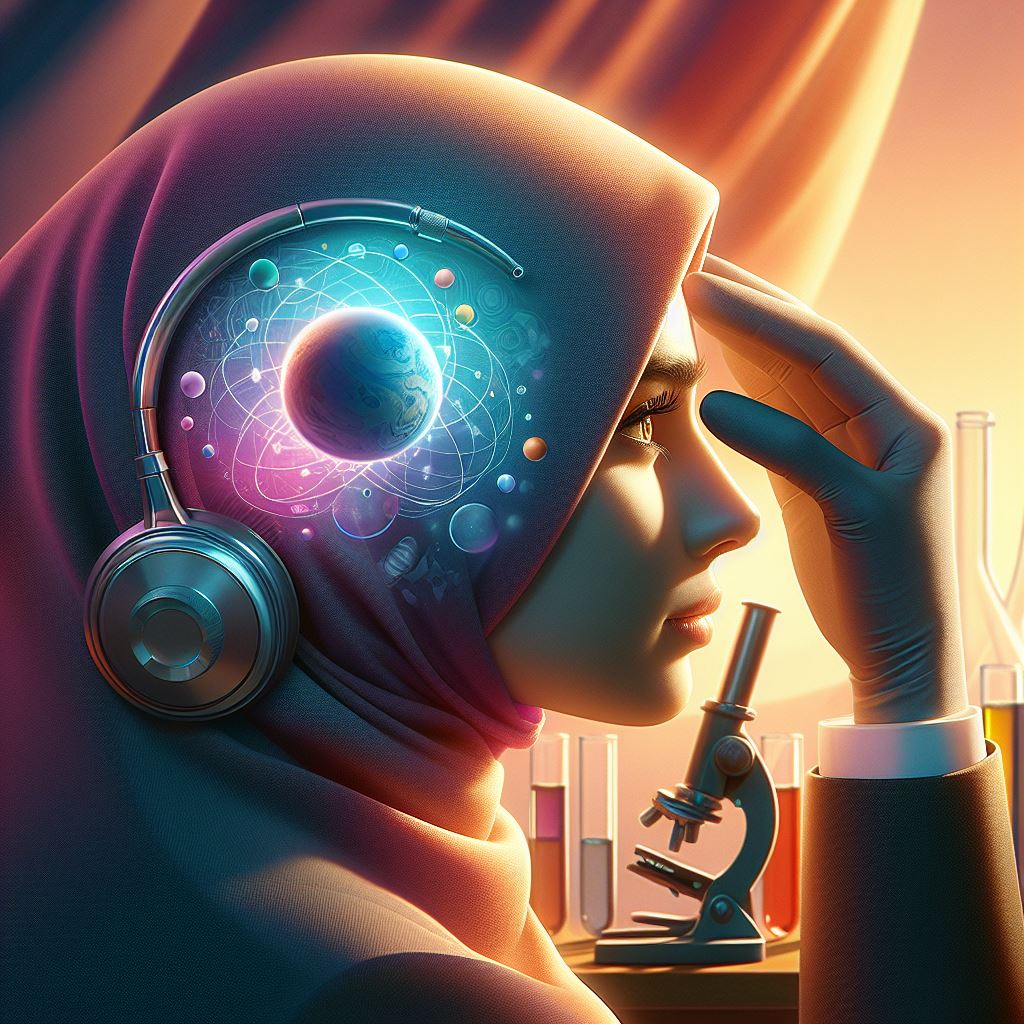In the vast spectrum of human expression, few garments hold as much cultural, religious, and social significance as the hijab. Draped over heads and hearts alike, the hijab sparks conversations, ignites debates, and prompts introspection across diverse communities. But what does science have to say about this seemingly simple piece of cloth?
The Fabric of Society: Hijab in Cultural Context
Before diving into the scientific nuances, it’s essential to appreciate the multifaceted tapestry of culture and tradition that the hijab weaves. For many, it symbolizes modesty, piety, and identity—an outward manifestation of inner faith and cultural belonging. However, its interpretation varies widely, reflecting the rich diversity of human experience.
Psychological Perspectives: The Power of Perception
Human perception, like threads woven into a fabric, shapes our understanding of the world. Studies reveal intriguing insights into how the hijab influences perception. Contrary to popular stereotypes, research suggests that wearing the hijab does not impede cognitive abilities or hinder social interactions. Instead, it underscores the complex interplay between self-expression and societal expectations.
Cognitive Impact: Unveiling Bias and Stereotypes
Delving deeper, cognitive psychology sheds light on the hijab’s role in shaping attitudes and biases. Implicit bias—the unconscious associations we hold—can influence how we perceive individuals wearing the hijab. However, awareness and education can unravel these biases, fostering empathy and understanding across cultural divides.
Neurological Narratives: Hijab and Identity
Neuroscience unravels the intricate workings of the human brain, offering insights into identity formation and self-perception. Studies suggest that wearing the hijab can influence neural processes associated with self-representation and social cognition. By embracing one’s religious or cultural identity through the hijab, individuals may experience a sense of empowerment and belonging.
Social Dynamics: Hijab as a Social Signifier
Sociology unravels the threads of social interaction, revealing how the hijab shapes interpersonal relationships and societal dynamics. While some perceive the hijab as a barrier, others view it as a bridge—connecting individuals through shared values and experiences. Understanding these dynamics is crucial for fostering inclusive communities where diversity is celebrated rather than feared.
Health and Well-being: Comfort and Confidence
From a physiological standpoint, the hijab’s impact on health and well-being is a subject of interest. Research suggests that wearing the hijab can provide protection from environmental factors such as sun exposure, dust, and pollutants. Moreover, for many wearers, the hijab serves as a source of comfort and confidence, enhancing their sense of self-esteem and body image.
Empowering Choice: Respecting Individual Agency
Ultimately, the decision to wear the hijab is deeply personal, rooted in individual beliefs, values, and experiences. Whether viewed as an act of devotion, cultural expression, or political statement, it is essential to respect each person’s agency and autonomy. By fostering open dialogue and understanding, we can transcend stereotypes and embrace the rich diversity of human expression.
Conclusion: Unraveling the Mysteries of the Hijab
In the intricate tapestry of human experience, the hijab occupies a unique position—simultaneously a symbol of faith, culture, and identity. Through the lens of science, we uncover the complex interplay of psychology, neuroscience, sociology, and health, shedding light on its multifaceted significance. Ultimately, our journey reveals that the hijab is not merely a piece of fabric but a powerful expression of individuality, community, and human resilience.



